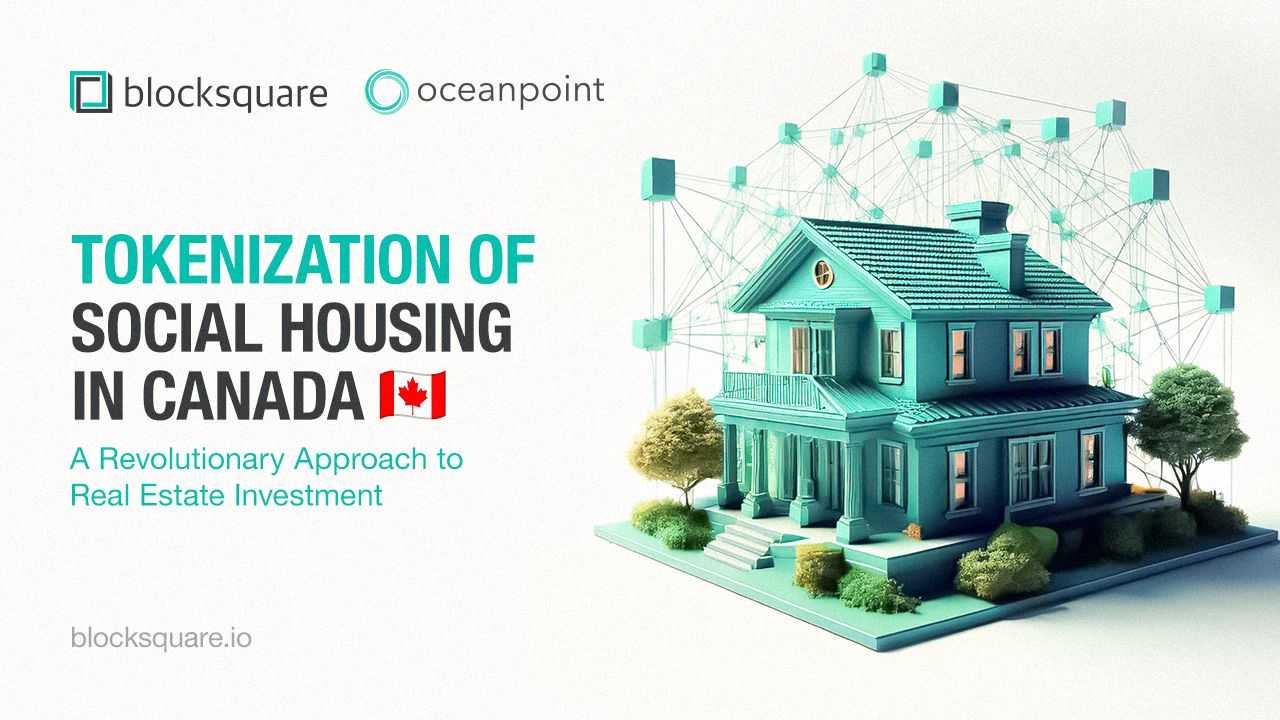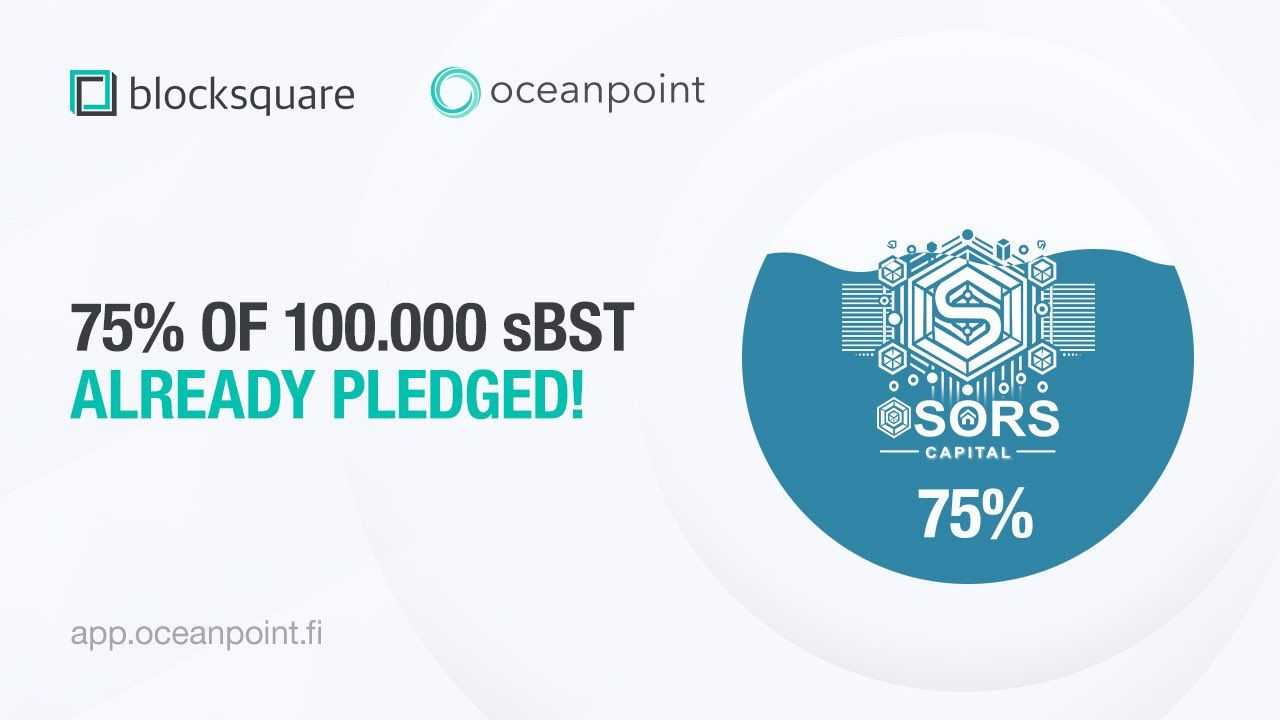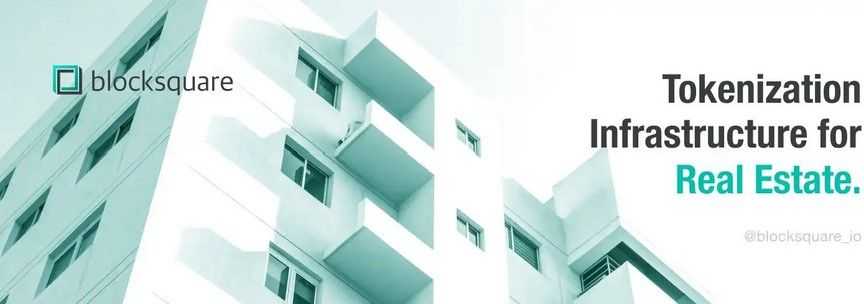Tokenization of Social Housing in Canada: A Revolutionary Approach to Real Estate Investment
Social housing in Canada is facing an unprecedented crisis. With the demand for affordable housing skyrocketing, traditional funding models are struggling to keep pace. However, a groundbreaking solution is emerging—tokenization of real estate assets. By leveraging blockchain technology, tokenization offers a decentralized, transparent, and efficient approach to funding social housing projects. This article explores how tokenization is transforming social housing in Canada, its benefits, and the role of platforms like SORS Capital in pioneering this innovative model.


The Housing Crisis in Canada
Canada's real estate market is one of the most expensive in the world, with major cities like Toronto and Vancouver at the forefront of the housing affordability crisis. According to the Canada Mortgage and Housing Corporation (CMHC), the country needs 3.5 million new social housing units by 2030. Social housing encompasses more than low-income families; it includes seniors, students, immigrants, refugees, and individuals with disabilities. Yet, raising funds for these projects is a daunting task.
Challenges in Funding Social Housing
- High Construction Costs: The cost of land and construction in Canada is significantly higher than in many other regions.
- Investor Preferences: Traditional investors often prioritize high-return luxury developments over socially impactful projects.
- Government Limitations: While public-private partnerships exist, they lack the streamlined efficiency required to address the growing demand.
These barriers underscore the need for innovative funding mechanisms that can bridge the gap between demand and supply.
Enter Tokenization: The Future of Real Estate Investment
Tokenization involves converting a real-world asset, such as real estate, into digital tokens on a blockchain. These tokens represent fractional ownership and can be bought, sold, or traded, democratizing access to investment opportunities.
How Tokenization Works
- Asset Selection: A property is chosen for tokenization. For example, SORS Capital’s Central Town Apartments in London, Ontario, is a senior housing project with steady cash flows.
- Token Creation: The asset is divided into digital tokens, each representing a fraction of ownership.
- Blockchain Integration: Transactions are recorded on a blockchain, ensuring transparency and security.
- Investor Access: Investors from around the world can buy tokens, contributing to the project’s funding while gaining a share in its financial returns.
Benefits of Tokenizing Social Housing
- Democratizing Investment
Tokenization allows smaller investors to participate in projects that were previously accessible only to institutional investors or high-net-worth individuals. By fractionalizing ownership, even those with modest budgets can contribute to socially impactful housing projects.
- Enhanced Liquidity
Real estate is traditionally an illiquid asset class. Tokenization introduces liquidity by enabling the buying and selling of tokens on secondary markets. Investors are no longer tied to long-term commitments and can exit their positions more easily.
- Transparent and Secure Transactions
Blockchain technology ensures all transactions are recorded transparently, reducing fraud and increasing investor confidence. Smart contracts automate processes like revenue sharing, further enhancing security.
- Global Capital Mobilization
Tokenization opens up investment opportunities to a global audience. Investors from different countries can contribute to Canadian housing projects, diversifying funding sources and reducing reliance on local capital.
- Supporting Impact Investing
Social housing tokenization aligns financial returns with social impact. Investors can generate steady, consistent yields while contributing to a cause that improves lives and communities.
Case Study: SORS Capital’s Approach to Tokenization
SORS Capital, led by CEO Emmanuel Paul, is at the forefront of tokenizing social housing in Canada. Their first tokenized project, Central Town Apartments in London, Ontario, exemplifies the potential of this model. Built in 2012 with support from three levels of government, this senior housing project has delivered over a decade of stable cash flows, making it a de-risked investment opportunity.
A Two-Pronged Strategy
- Starting with Stable Assets: SORS Capital focuses on tokenizing existing, cash-flowing properties like Central Town Apartments. This reduces investor risk and ensures immediate returns.
- Funding Future Developments: Capital raised through tokenization is used to develop new mixed-use housing projects, addressing the growing demand for affordable housing.
By adopting this approach, SORS Capital bridges the gap between traditional real estate investment and modern blockchain solutions.

Overcoming Geographic Limitations
Tokenization has the potential to decentralize housing development in Canada. Traditionally, projects are concentrated in major cities like Toronto, where capital is abundant. However, this model can unlock opportunities in smaller cities and rural areas.
Building Communities Beyond Urban Hubs
- Lower Costs: Smaller towns offer cheaper land and construction costs, making them ideal for affordable housing projects.
- Infrastructure Development: Tokenization can fund not just housing but also essential infrastructure like schools, hospitals, and job hubs.
- Community Building: By creating self-sustained communities, tokenization ensures people can live and work outside expensive urban centers.
Addressing Misconceptions About Social Housing
Social housing is often misunderstood as being solely for the poor. In reality, it supports a diverse range of individuals who face barriers to traditional housing markets. For instance:
- Students need affordable accommodation while pursuing education.
- Seniors require specialized housing to meet their needs.
- Immigrants and Refugees often face challenges like low credit scores, making traditional housing inaccessible.
Tokenization enables these segments of the population to access safe and affordable living spaces, fostering equality of opportunity.
The Road Ahead: What’s Next for Social Housing Tokenization?
The success of tokenization in social housing depends on collaboration between stakeholders, including developers, investors, and government agencies. Here’s what the future holds:
- Scaling Successful Models
Projects like Central Town Apartments demonstrate the viability of tokenized social housing. Replicating this model across Canada can significantly reduce the housing gap.
- Education and Community Engagement
Educating investors and communities about the benefits of tokenization is crucial. Platforms like SORS Capital are committed to transparency, fostering trust and participation.
- Policy Support
Governments must recognize tokenization as a legitimate funding mechanism. By integrating blockchain solutions into housing policies, they can unlock new streams of capital.
- Leveraging Global Trends
As blockchain adoption grows globally, Canada can position itself as a leader in tokenized real estate, attracting international investment and expertise.
Conclusion: A Win-Win Solution for Canada
Tokenization is more than just a technological innovation—it’s a solution that addresses real-world challenges in social housing. By combining financial returns with social impact, it creates a win-win scenario for investors, developers, and communities.
As pioneers like SORS Capital continue to lead the charge, the future of social housing in Canada looks promising. Whether you’re an investor, policymaker, or community advocate, tokenization offers an opportunity to be part of a transformative movement that improves lives while driving economic growth.

Are you ready to revolutionize real estate investment? Join the tokenization wave and help shape the future of social housing in Canada.
Learn more about SORS Capital and discover how you can get involved in their current marketplace tech funding campaign.
